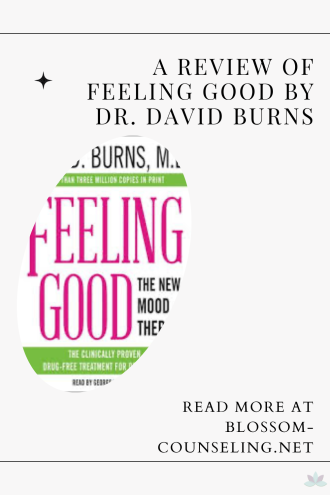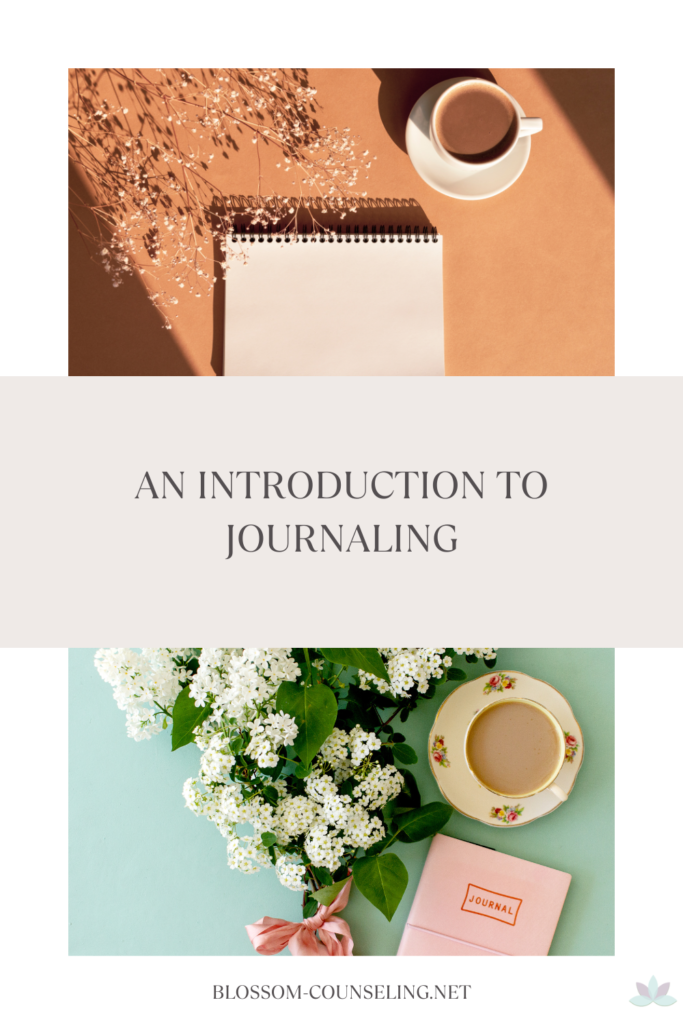
According to the World Health Organization, more than 264 million people worldwide struggle with depression. Anxiety disorders are also common, affecting approximately 40 million adults in the United States alone. While medication and therapy are effective treatments for these conditions, not everyone has access to or can afford these resources. This is where self-help books come in, and one of the most popular and effective of these books is Feeling Good by Dr. David Burns.
Feeling Good is a self-help book written by Dr. David Burns, a renowned psychiatrist and professor of psychiatry at Stanford University. This book, which was first published in 1980, has been hailed as one of the most effective guides to overcoming depression and anxiety. It has sold over 5 million copies worldwide and has been translated into more than 30 languages.
Explanation of Cognitive Behavioral Therapy
Feeling Good is based on Cognitive Behavioral Therapy (CBT), which is a type of therapy that helps people identify and challenge negative thoughts and beliefs. CBT is a practical and effective approach to treating depression and anxiety, and it has been shown to be just as effective as medication in many cases. In Feeling Good, Dr. Burns explains how to use CBT techniques to change negative thinking patterns and improve mood.
The book is divided into three main sections. The first section provides an overview of how negative thoughts and beliefs contribute to depression and anxiety. The second section describes the cognitive distortions that often underlie these negative thoughts and beliefs, such as all-or-nothing thinking, overgeneralization, and discounting the positive. The third section provides practical tools and techniques for challenging these distortions and changing negative thinking patterns.
Key Takeaways from Feeling Good
One of the key takeaways from Feeling Good is the importance of identifying and challenging negative thoughts. Dr. Burns provides a list of common cognitive distortions and explains how to recognize and challenge these distortions. For example, if you find yourself thinking in all-or-nothing terms, such as “I always fail” or “I never do anything right,” Dr. Burns recommends asking yourself if this is really true. He also suggests looking for evidence to the contrary, such as times when you have succeeded or done something well.
Another important takeaway from the book is the idea that thoughts, feelings, and behaviors are interconnected. By changing one of these components, it is possible to change the others and improve overall well-being. For example, if you start engaging in activities that you enjoy, you may find that your mood improves and you have more positive thoughts.
The Effectiveness of Feeling Good
Feeling Good has been shown to be an effective tool for improving mood and reducing symptoms of depression and anxiety. In fact, a study published in the Journal of Consulting and Clinical Psychology found that CBT-based self-help books, like Feeling Good, were just as effective as face-to-face therapy for treating mild to moderate depression.
It is important to note, however, that self-help books are not a substitute for professional help and should not be relied upon as the sole source of treatment. If you are struggling with depression or anxiety, it is important to seek out the help of a mental health professional.
Feeling Good by Dr. David Burns is a valuable resource for anyone struggling with depression or anxiety. The book provides practical tools and techniques for changing negative thinking patterns and improving overall well-being. While self-help books like Feeling Good can be effective for treating mild to moderate depression, it is important to seek professional help if symptoms persist or worsen.
If you are interested in learning more about CBT and how it can help with depression and anxiety, Feeling Good is a great place to start. The book is easy to read and provides many examples and exercises to help you apply the techniques to your own life. With the right tools and support, it is possible to overcome depression and anxiety and lead a fulfilling life.




